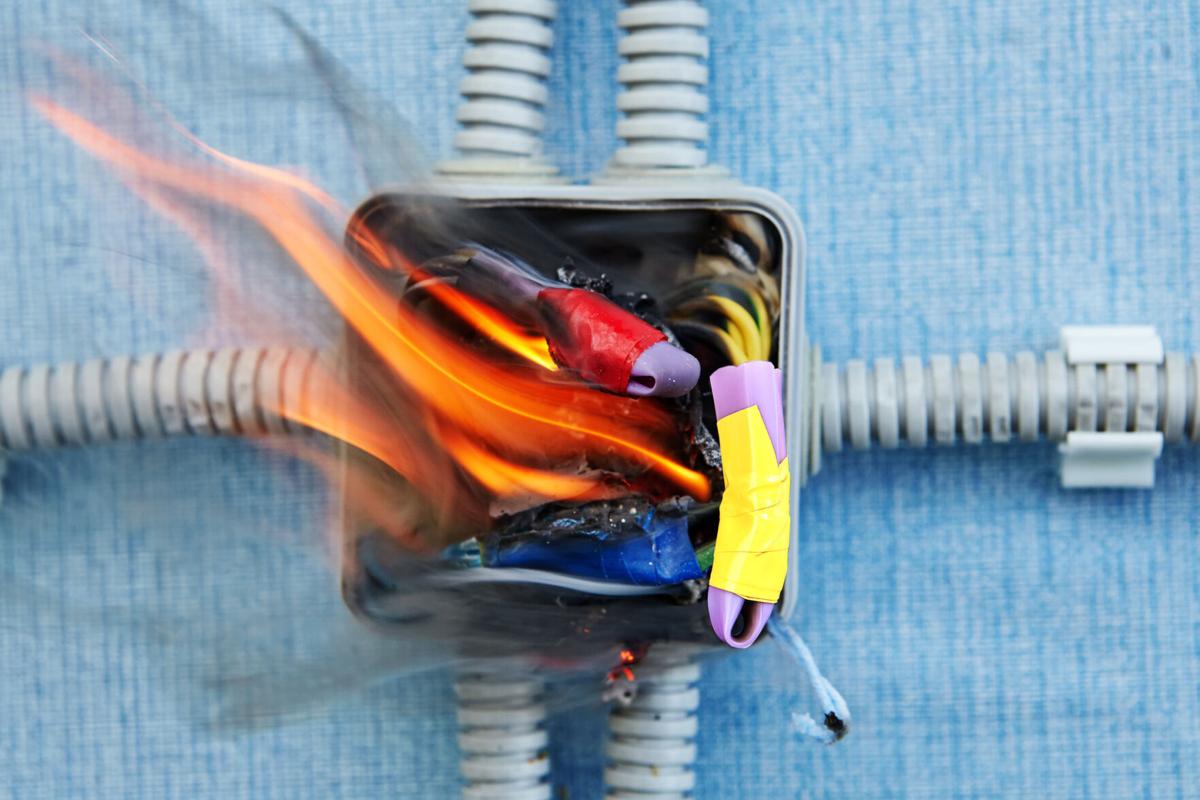Question: What does the term “flipped house” mean?
Answer: A flipped house means that a real estate investor or group of investors bought a house with the intention to increase its value through updates and repairs before selling it for a higher price, thus making a profit.
Flipped houses are often competitively priced and located in areas with strong real estate markets. Investors want their properties to sell quickly, and to be worth their investment. These turn-arounds are done as quickly as possible to minimize the cost and maximize the profit for the investor/flipper.
Flipped houses are different from remodeled houses. Typically, remodeled houses are occupied by an owner who intends to live in the home and is updating it to suit their lifestyle.
Q: What are the pros and cons of buying a flipped house?
A: The primary advantage of buying a flipped house is they are typically move-in ready and sport the latest design trends. The buyers don’t need to upgrade the appliances, fixtures, flooring or paint. That about covers the pros.
“The majority of the time, flippers buy these homes in poor condition. The homes may look great on the surface, but sometimes not so great underneath,” said Bob Vaughn, IQ Home Inspections LLC, a Rosie-Certified Partner.
It is not unheard of for flippers to cut corners, and one of the biggest corners they cut is not pulling permits or using licensed contractors.
Brian Coumont, owner and inspector, Veteran Inspection Professionals, a Rosie-Certified Partner, offers this list of what they often see with flipped properties.
Open electrical junction boxes in the attic, which is a fire hazard
Electrical junction boxes behind the drywall, another fire hazard
Convoluted/improper electrical panel wiring, fire hazard again
Fresh paint everywhere, hiding deficiencies
Improper construction remodels including additions without permits; load-bearing walls removed; and closing in patios and Arizona rooms without reinforcing the foundation and/or properly tying into the roof structure
Flexible drain lines in the bathrooms and kitchen. “These are meant to be a temporary stop-gap until a plumber can properly repair drain lines,” Coumont said.
Improper or missing Ground Fault Circuit Interrupter (GFCI) protection
Amateurish and improper remodeling of counters, cabinets, light fixtures, etc.
Improper repairs done as cheaply as possible, resulting in foundation cracks, structural damage and roof repairs.
Q: How can you tell if a house has been flipped?
A: A thorough realtor will check the property’s history from the records at the county assessor’s office. Is it owned by a corporation or LLC? Does the owner/seller have multiple properties under their name?
If so, the house may very well be a flip. Zillow, RedFin and Trulia often have a property’s recent sale history available. Did the current seller buy the house within the last year? If so, there is a good chance that the house has been flipped.
When visiting the property, look at the areas that are more likely than others to be renovated — the bathrooms and kitchen. Updated fixtures, tiles and appliances may offer clues. You may also be able to glean information from chatty neighbors who are checking out you, the potential new neighbor.
“My husband and I became very good at spotting flipped houses just from looking at the online listing photos,” said Susan Stein Kregar, staff writer for Rosie on the House. “We found that if the house was built before 1990, and every room in the house was updated, it was likely a flip. When we would see the house in person, it became much more obvious. The workmanship in many investment properties was subpar. The cabinets and counters didn’t line up with the appliances, the tile grout was falling away, and the swimming pool’s surface was painted. One flipper clearly got a screaming deal on cobalt blue paint. The kitchen cabinets, interior and exterior doors, door hinges, pool fence, and pool decking were blue.”
Q: Why do I need to have a house inspected before buying it?
A: The purpose of a home inspection is to give you an expert opinion about the structural and functional components of the house, based on a visual examination. A home inspection points out the existing and potential issues with the home to help you proceed carefully. A professional home inspection is primarily a visual examination of the visible, safely accessible, and readily accessible components of the interior, exterior, structural, roof, electrical, heating, cooling and plumbing systems.
The home is inspected for specific conditions that are currently adversely affecting (or which have the potential to adversely affect) the normal function or operation of those systems and their related components. The systems and their related components included in the inspection are those specified by the Arizona Board of Technical Registration and the Arizona ASHI Standards of Practice.
Before buying a house, it is important to determine the status of the home and whether the upgrades comply with local codes and the workmanship is up to the Arizona Registrar of Contractor’s Workmanship Standards. Their booklet details the requirements contractors must adhere to when performing certain projects.
Verify who the contractors are who worked on the property. Make sure they are licensed by the ROC, pulled the required permits, and passed the municipality’s inspection.
Regardless of whether the home is a flip, request from the current homeowner/seller a Comprehensive Loss Underwriting Exchange (CLUE) report on the home before finalizing the purchase. The CLUE report, can provide up to seven years of claims or damage history on the property, providing vital insight before committing to the sale.
FHA Loan houses cannot change hands less than 90 days from the previous sale. If the value of the house doubles, then the waiting period is 180. These rules do not apply to conventional loans. To obtain a VA loan, ask potential lenders what their flipped rules are.





